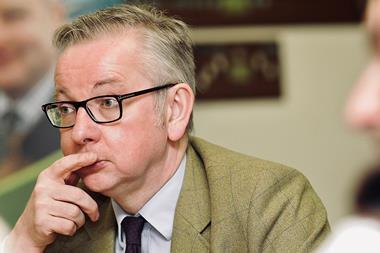The UK finishes its year-long presidency of COP26 in a different position to how it began.

COP26 in Glasgow was generally hailed a success, concluding with a new Climate Pact and multi-country agreements on areas such as deforestation and a phasing down of coal power. Boris Johnson’s government was proud to be hosting such a critical gathering and its importance seemed a rare instance of political consensus.
What a lot can change in a year, as we approach COP27 on 6 November. The UK is being warned by the Egyptian hosts not to backtrack on the climate agenda, amid concerns of growing climate scepticism and reports that King Charles was advised not to attend the summit.
There is no doubt the UK faces pressing challenges. While it is still early days for the new prime minister, it is encouraging that Rishi Sunak appears set against renewed fossil fuel extraction.
The past year has demonstrated the continuing vulnerability of our built environment: temperature records were smashed, wildfires devastated large areas and droughts have been followed by flash floods. It may prove a difficult circle to square, but COP27 should focus minds on setting out a clearer stance on environmental regulations and green growth.

COP27 will focus on 11 themes including water, energy, agriculture and biodiversity – all areas of concern in UK local plan-making. More than three quarters of UK local authorities have now declared climate emergencies, and there is a growing local focus on issues including biodiversity net gain, traffic reduction and sustainable construction.
In my own local patch of Cambridge – one of the driest parts of England – alarm bells are growing louder over water scarcity, and it may only be a matter of time before stricter targets on water capture and recycling are introduced for new development.
It remains to be seen where the current premiership will position itself on climate action. Let’s hope the green growth promoted by certain proactive local authorities will not be compromised in the pursuit of economic growth.
John Mason is an associate at Carter Jonas (Cambridge)






























No comments yet